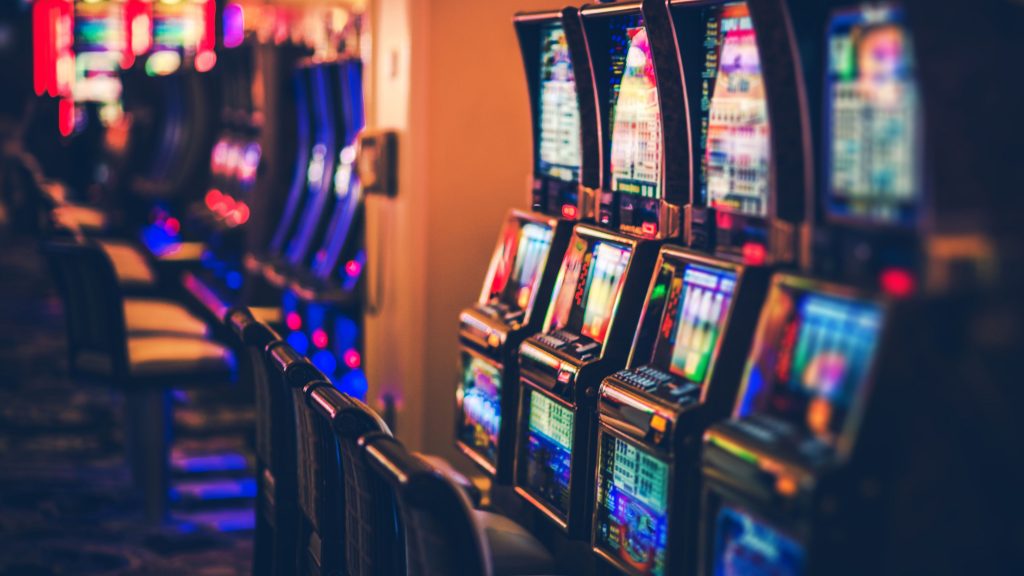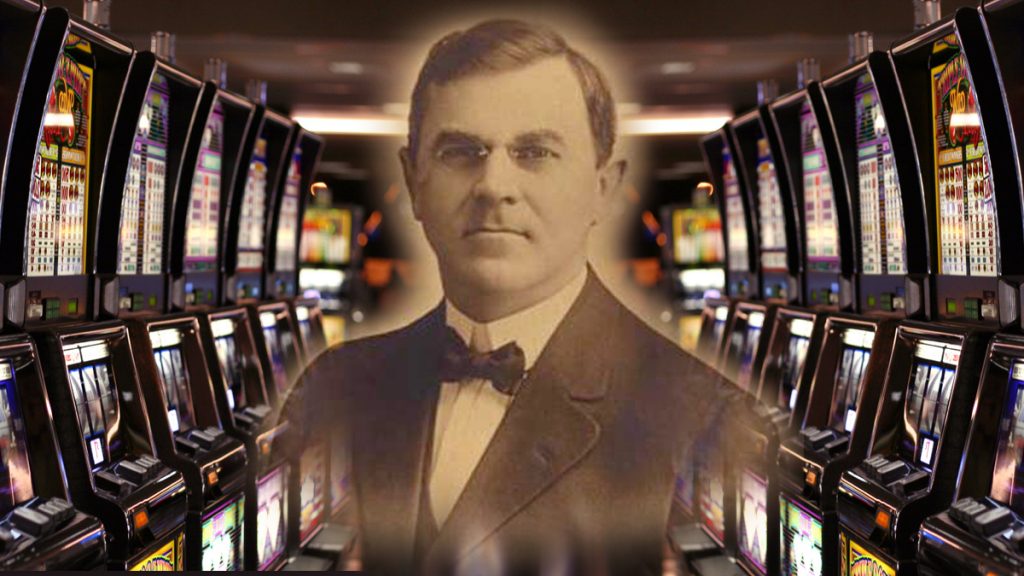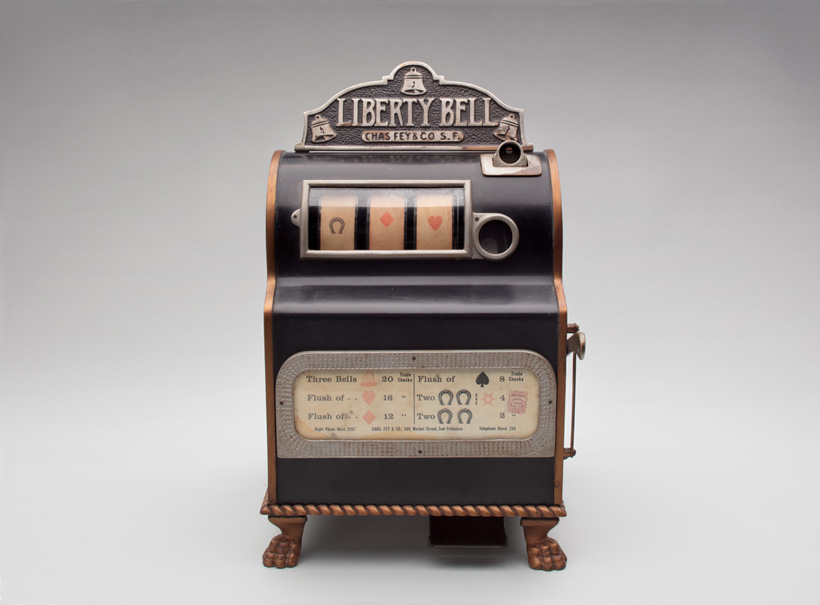Who invented slot machines? The slot machine was first produced by Charles August Fey, a mechanic from San Francisco. In 1894, he built the first coin-operated gambling machine, the 4-11-44. He used an assembly line to manufacture the machines and they proved very popular in local saloons. After the success of his first machine, Fey opened a factory to produce more. He also invented several variations of the slot machine, including the 4-11-44, which had suitmarks lined up to make poker hands.
Fey grew up in Bavaria, Germany, and later moved to the US. He settled in San Francisco, California, and eventually developed the first slot machine. The Liberty Bell Slot Machine was his first machine, and it was the first automatic payout slot machine. It is also the oldest slot machine still in use today. However, many of these machines were created by different inventors. Here are the inventors of slot machines. While working for Fey’s company, Fey was still a student at Berkeley and took a job as a machinist.

In the early 1940s, the Flamingo Hotel in Las Vegas installed the first slot machine. The invention of this machine was made possible by American mobster Bugsy Siegal. The legalization of gambling led to an explosion in gambling, and the taxing of the winnings helped states collect more money. This led to the exponential growth of slot machine manufacturing, and their popularity increased. When slot machines became legal in the United States, more people became interested in them.
Fey’s invention of the Liberty Bell slot machine became a huge success. The new machine’s smooth design and payout system made it a hit in the casino industry, and many other companies tried to copy the design. Although Fey failed to get a patent for the Liberty Bell, he continued to produce them after San Francisco banned them in 1909. Because they were coin-operated, Fey and Holtz developed their concept while working for the California Electric Works.
The first slot machine was invented in the mid-1840s by Charles Fey. His Liberty Bell is widely recognized as the most popular slot machine in the world. The original machine did not have fruit symbols. The first slot machines had suits of playing cards instead. But he later added horseshoe marks and bells to the machines. In addition to its popularity, it also influenced the development of the modern-day slot. So, it’s no wonder that there are countless different types of slots.

William Hill is credited with creating the first slot machine. In 1891, he created a three-reel machine. He later added horseshoe marks and bells to the machine. He also made slot machines more popular among Americans. In 1891, Charles Fey’s patent was granted, which made them popular across the world. He was the first to patent the game and it has since become a popular game in many countries.
British mechanic Charles Fey
The first slot machine was invented in the late 1870s by British mechanic Charles Fey. Its three-reel design was patented by a British man named Thomas Jefferson, who was a former lawyer. The patent for the machine was issued in 1907, and it was later distributed for public use. Its popularity grew exponentially. With the invention of the slot machine, the world changed forever. In the past, people have been gambling for years and invented them in different ways.
Charles August Fey is considered the godfather of the slot machine. He popularized the machines by creating a prototype in 1899. Until the 1960s, mechanical slots were mostly used in bars. Then, Bally started producing fully electromechanical slots, like the Money Honey, in the early 1900s. It featured a bottomless hopper and a jackpot worth 500 coins. Its patent was a great success and the game has remained one of the most popular games in the world.
While Fey is widely regarded as the inventor of the slot machine, the game is still known as a ‘fruit machine’. While today, the fruit machine is a popular type of casino game, which uses money in exchange for coins. Unlike traditional machines, these machines are designed to be profitable. Hence, they have become one of the most popular forms of entertainment. The key to success is to have a great payout mechanism and to ensure that the machine is reliable.

